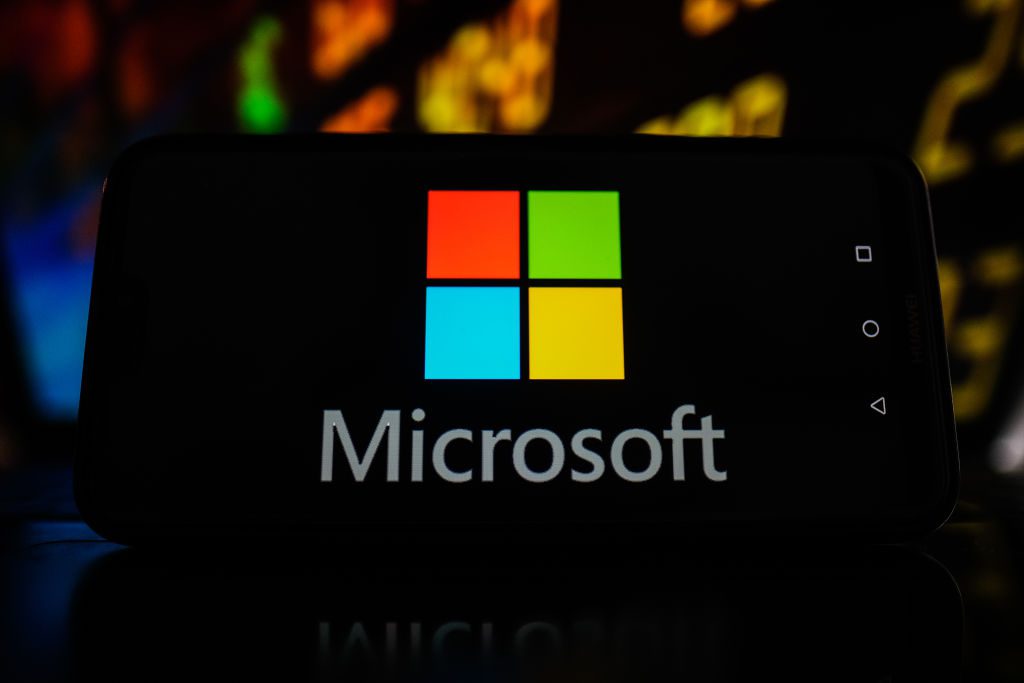Total Information Provenance, A 180 From Big Tech’s Values A Decade Ago

Microsoft has launched something called the Coalition for Content Provenance and Authenticity, which involves CPU maker Intel and a number of other companies. Allum Bokhari describes its purpose as “to devise a system whereby all content on the internet can be traced back to its author.”
This sounds like an absolute nightmare, whatever its promise for restoring IP rights to people like musicians, writers and the like. Under a system like this, TAC might get a bit of a traffic bump from all those unscrupulous websites who scrape our content going away, but it hardly seems like a worthwhile trade.
When I was an associate editor here back in 2013, I covered the IP beat. It was a time when Larry Lessig was a hot intellectual—it sounds almost funny now—for his thoughts about remix culture, which was supposedly stifled by our overly rigid copyright regime. I was on the pro-reform side of the issue, and like many people didn’t quite get why all these DJs were being cracked down on by the music industry for remixing clips (now the music industry is significantly weaker than it was back then, so clearly they did a bad job picking their battles). I got a scoop when a reformer got canned from the Republican Study Committee for sending out what was alleged to be an unapproved pro-reform memo, and was mentioned by James Panero in the Wall Street Journal as one of the pro-reform conservatives.
I’ve since changed my views about a lot of this, not least because I was on Google’s side back then. I’m a musician, or at least used to play a lot of music, so I eventually came around to the view that we need to have an IP regime that preserves the ability of musicians to make a living. Google, it goes without saying, has a huge stake in a looser IP regime. They present a lot of protected content for free, which has understandably made owners of book copyrights quite upset. Google basically won the war, now even record labels put content on YouTube, supported by ads, for free, and book publishing is basically dead, books themselves having become vestigial Amazon tchotchkes. But something that can track the provenance of content, whether or not it’s in service of combatting “disinformation,” is likely to have significant implications for intellectual property.
The promise of the kind of regime envisioned by Microsoft is that a meme creator could be paid for his work. The trade-off is that a dissenting meme-maker could be much more easily tracked. I don’t know what the proper balance is, but it scares the heck out of me to see this kind of a dramatic 180, from extolling “remix culture” to putting in place the architecture of—to put a spin on the military-industrial slogan—total information provenance.
A cynic might say, now that Silicon Valley has destroyed—excuse me, disrupted—the publishing and music industries, which is to say now that they are the only means of distributing this content with any economic power, they now have an interest in firmer intellectual property regimes to get people actually creating things on their platforms. I understand Twitter is rolling out a service whereby people can be paid for their tweets.
Big Tech—mostly Google but to the extent their values are representative of the industry, Microsoft too—also used to support the idea of anonymity as a tool of dissenters in authoritarian societies. Accounts on Twitter can now be banned for “undermining faith in the NATO alliance.” The accounts in question were part of a network of Russian fakes, but if this is a crime significant enough to merit mitigation by Twitter, you can bet other underminers of faith in the NATO alliance, such as this magazine, may soon find their content throttled or removed. Robert Parry’s Consortium News was blacklisted by Google—hardly a right-wing crank, he broke the Iran-Contra scandal.
We have gone from praising the importance of anonymity during the Arab Spring to banning accounts for undermining faith in the NATO alliance in less than a decade, and that 180 too scares the heck out of me. The dramatic change is what makes me distrust these institutions, even more than the proposals themselves.
My prediction is, disinformation concerns aside, this will be sold to us as a means to pay meme-creators, but in practice it will mean meme-creators are tracked, and it will be accompanied by greater purging of dissidents.
Comments